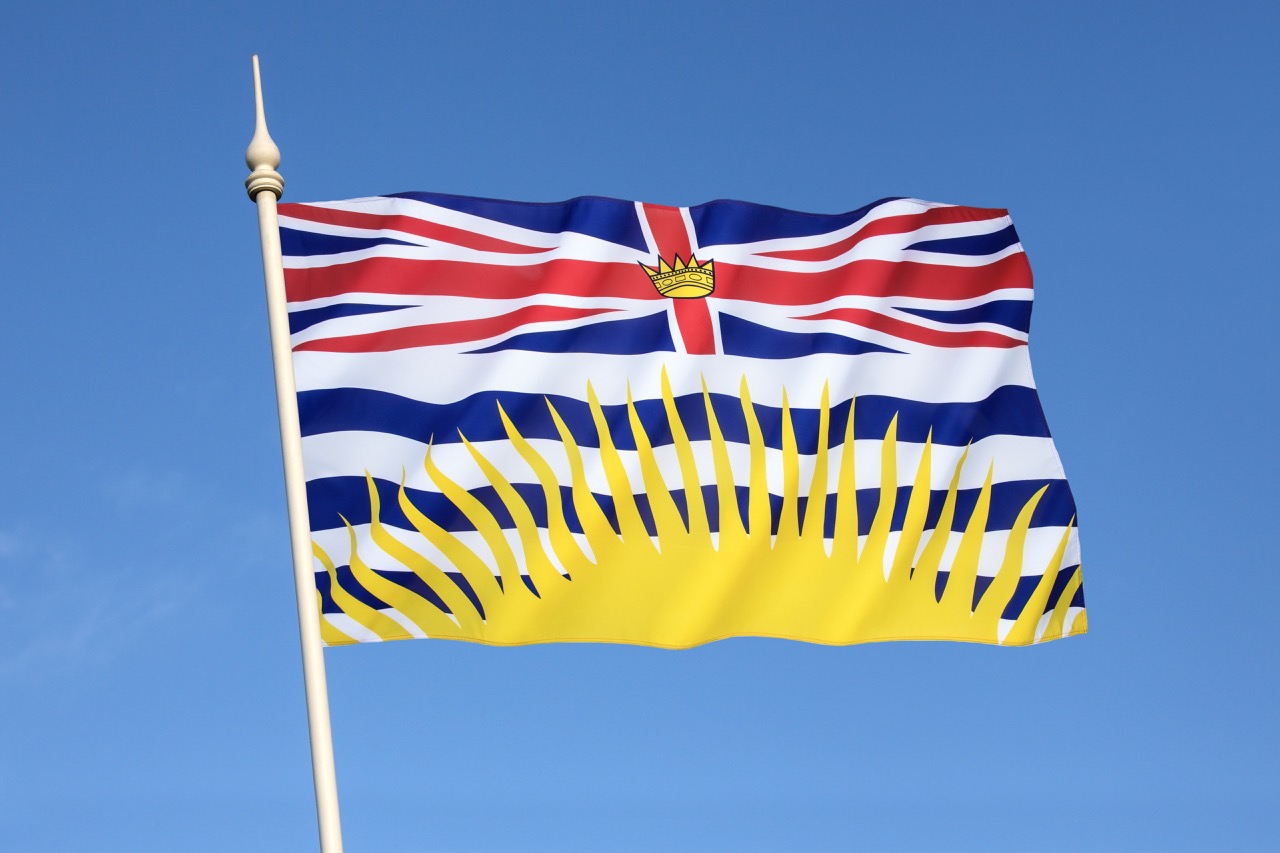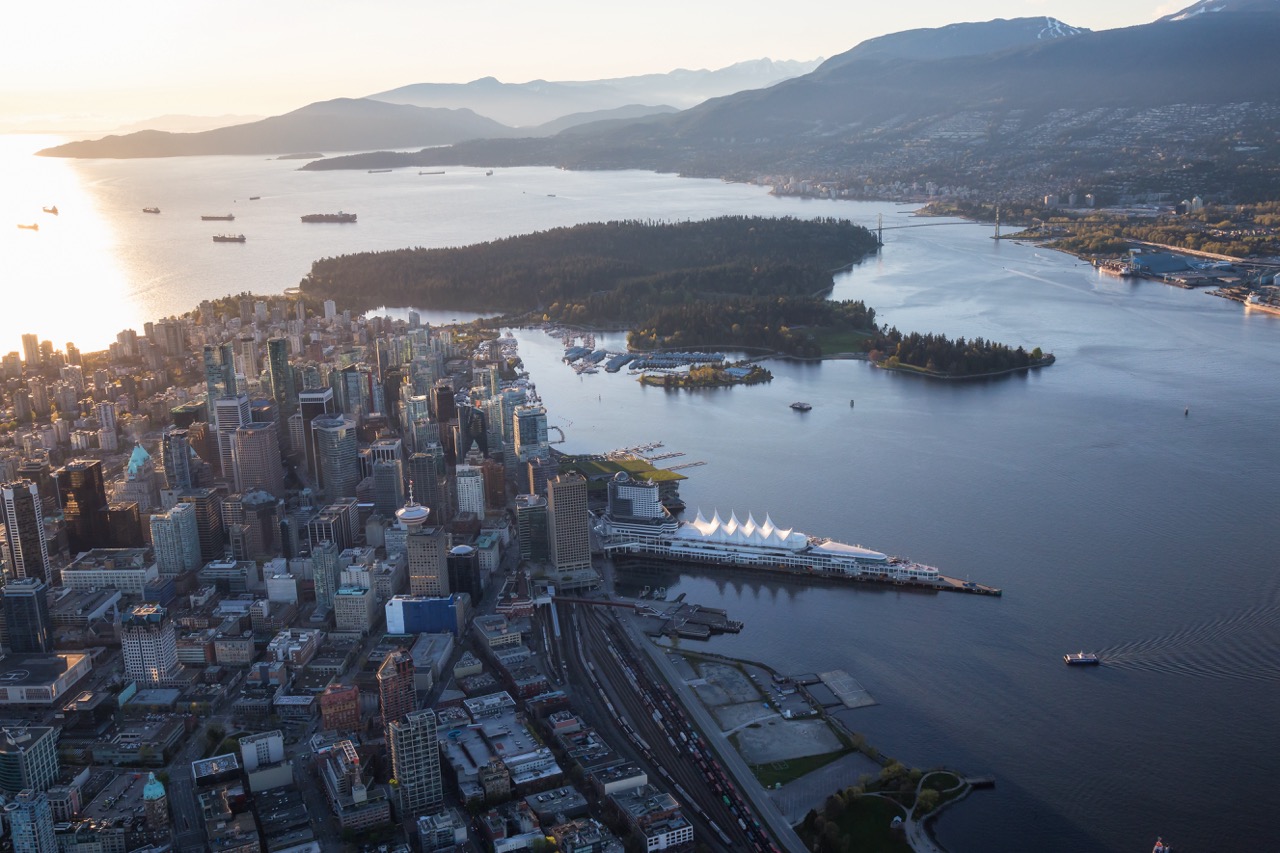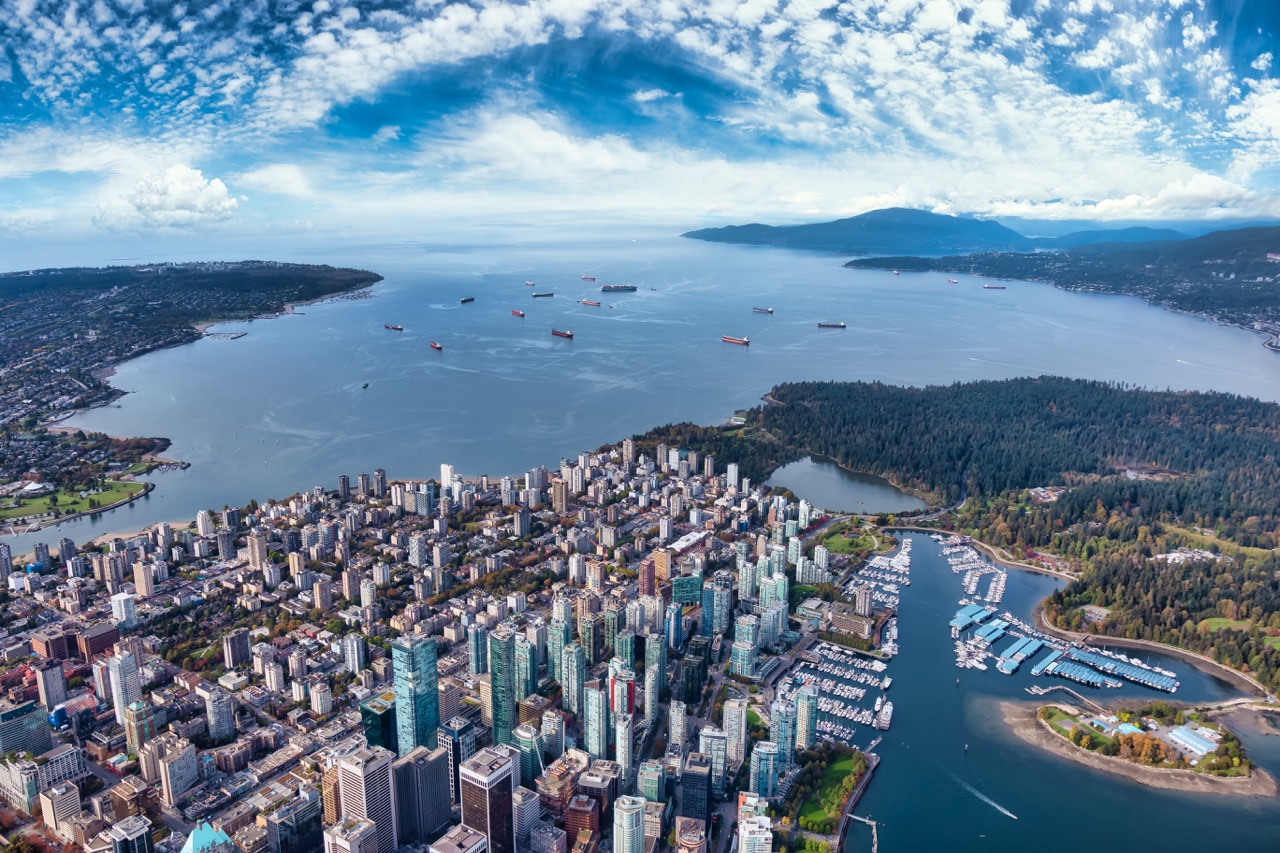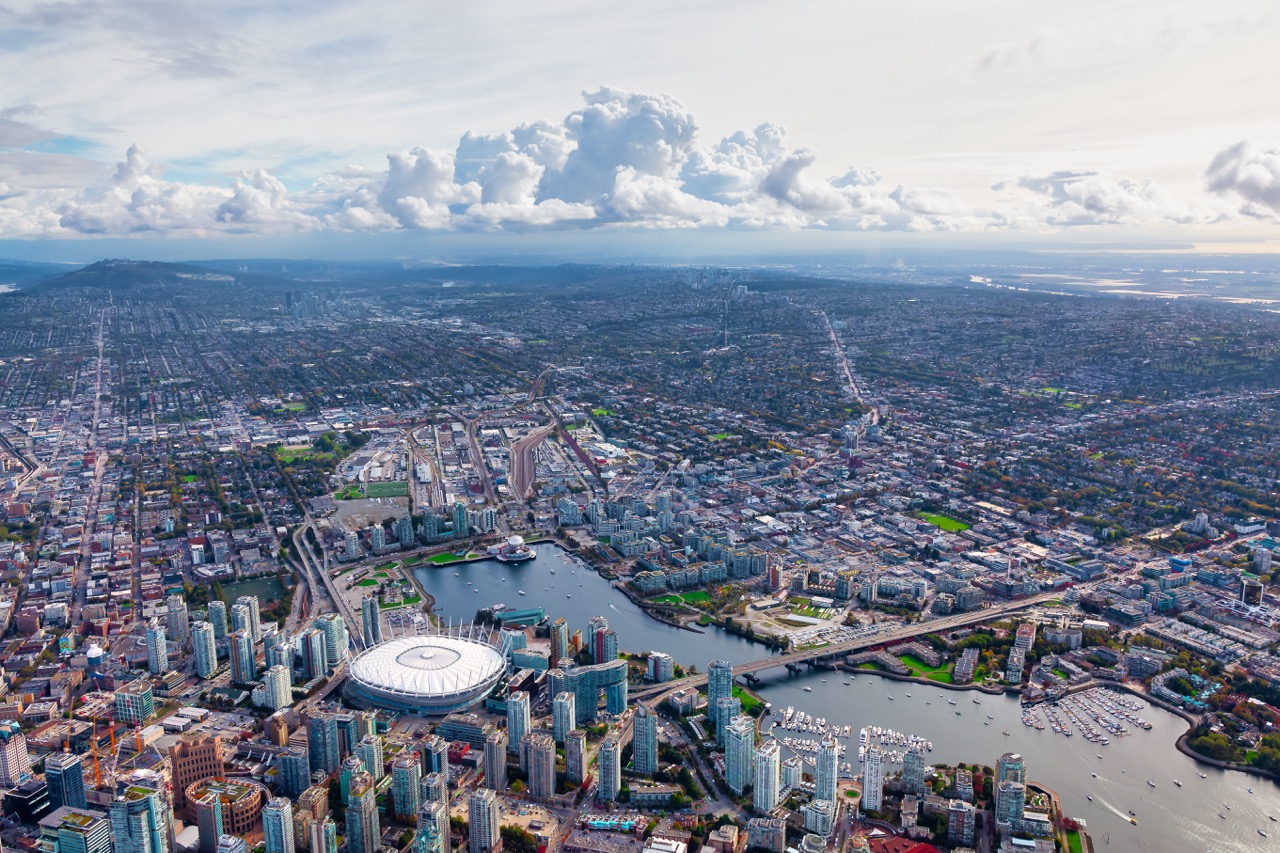Off-the-grid living has gained significant popularity in British Columbia (BC) as individuals seek more sustainable lifestyles, self-sufficiency, and a deeper connection to nature. This lifestyle choice allows residents to disconnect from traditional utilities and live in harmony with the environment. While the concept is alluring, it comes with both advantages and challenges that must be carefully considered. In this article, we will explore the fundamentals of off-the-grid living in BC, assess the benefits and challenges of this lifestyle, examine sustainable practices, discuss legal considerations, and evaluate community support for those who choose to live away from conventional amenities.
Understanding the Basics of Off-the-Grid Living in BC
Off-the-grid living fundamentally means that individuals or families do not rely on public utilities for their energy, water, or waste disposal. In British Columbia, this often involves utilizing renewable energy sources such as solar panels, wind turbines, and micro-hydro systems to power homes. Water may be sourced from wells or nearby streams, and waste management typically includes composting toilets and greywater systems. Understanding these basics is essential for anyone considering such a lifestyle.
Living off the grid requires a fundamental shift in mindset. Residents must become adept problem-solvers, learning skills such as gardening, basic carpentry, and renewable energy maintenance. Moreover, the choice to live off the grid often comes with a commitment to simplicity and minimalism, as residents might have limited access to consumer goods and conventional services. This self-sufficiency can lead to a fulfilling lifestyle, but it requires preparation and dedication.
Finally, accessibility to off-the-grid locations in BC varies widely. Some areas are remote but offer breathtaking natural beauty, such as the coastal rainforests or the rugged interior mountains. However, these locations may also be prone to extreme weather conditions and natural events like wildfires and floods. Understanding how these factors play into the logistics of off-the-grid living is crucial for prospective residents.
Assessing the Benefits of Living Off the Grid in BC
One of the primary benefits of off-the-grid living in BC is the environmental impact. By using renewable energy sources and minimizing reliance on fossil fuels, residents significantly reduce their carbon footprint. This aligns well with the province’s commitments to sustainability and environmental stewardship, making off-the-grid living a responsible choice for eco-conscious individuals.
Additionally, living off the grid can provide a greater sense of autonomy and independence. Residents often develop a self-sufficient lifestyle that allows them to thrive without the constraints of conventional society. This independence fosters a sense of empowerment and can enhance overall well-being as individuals take control of their energy consumption, food production, and waste management.
Moreover, off-the-grid living can foster a deeper connection to nature and local ecosystems. BC is renowned for its stunning landscapes, and living off the grid often means being immersed in these environments. This connection can bring about increased mental and emotional health, as individuals engage with their surroundings and embrace a lifestyle that prioritizes nature and sustainability.
Challenges of Off-the-Grid Lifestyle in British Columbia
Despite its many advantages, off-the-grid living in BC is not without challenges. One significant issue is the initial investment required for renewable energy systems, water sourcing, and sustainable building practices. While these costs can eventually be offset through savings on utilities, the upfront expenses can be a barrier for many prospective residents.
Another challenge lies in the isolation that can accompany off-the-grid living. Many off-the-grid homes are situated in remote areas, which can lead to feelings of loneliness and disconnection from broader community networks. This isolation can pose difficulties in accessing emergency services, healthcare, and social support, all critical factors for overall quality of life.
Furthermore, maintaining an off-the-grid lifestyle requires a high level of commitment and resilience. Seasonal changes can greatly affect energy generation and food production. While some residents may thrive under these conditions, others may find the demands of off-the-grid living overwhelming, particularly when faced with unexpected challenges such as equipment failures or natural disasters.
Exploring Sustainable Practices for Off-the-Grid Homes
To successfully live off the grid in BC, adopting sustainable practices is vital. This includes implementing energy-efficient technologies such as solar panels, wind turbines, and energy storage solutions like batteries. These systems not only reduce reliance on conventional energy sources but also provide a reliable power supply, even during adverse weather conditions.
Water conservation and management are equally critical. Off-the-grid residents often collect rainwater, drill wells, or use natural sources like streams. Implementing greywater systems for irrigation and using composting toilets further enhance sustainability. These practices not only reduce environmental impact but also promote a more resilient lifestyle that can withstand the challenges of living in remote areas.
Additionally, growing one’s own food through gardening and permaculture can significantly enhance self-sufficiency. Many off-the-grid residents in BC cultivate a variety of crops, which contributes to their food security and reduces dependence on grocery stores. These sustainable practices are essential for creating a thriving off-the-grid home that could serve as a model for future generations.
Legal Considerations for Off-the-Grid Living in BC
Before embarking on an off-the-grid lifestyle, it is crucial to understand the legal framework surrounding such living arrangements in British Columbia. Zoning regulations can vary significantly between municipalities, and some areas may have strict limitations on building standards, land use, and waste disposal methods. Prospective residents must thoroughly research local laws to ensure compliance and avoid potential legal disputes.
Furthermore, water rights can present challenges for off-grid residents. In BC, access to water is governed by specific regulations that mandate permits for water usage, especially in areas relying on natural sources. Navigating these laws is essential for long-term sustainability and compliance with provincial regulations.
Finally, building codes in BC may also impact off-the-grid living arrangements. While some municipalities may be more lenient towards alternative building methods, others may require adherence to traditional construction standards. Understanding these codes is crucial for ensuring the safety and durability of off-grid homes.
Evaluating Community Support for Off-the-Grid Residents
Community support plays a significant role in the success of off-the-grid living in British Columbia. Many residents find comfort and camaraderie in local networks of like-minded individuals. These communities often share resources, knowledge, and skills, creating a supportive environment that enhances resilience and sustainability.
In addition to informal networks, several organizations and initiatives exist in BC focused on promoting sustainable living. Workshops, courses, and community events can provide valuable information on renewable energy systems, permaculture practices, and local regulations. Engaging with these resources can help off-the-grid residents build connections and access the knowledge needed for successful living.
However, the level of community support can vary depending on the region. While some areas may have a robust network of off-the-grid residents and sustainability advocates, others may lack sufficient resources or community engagement. It’s essential for prospective residents to evaluate the local social dynamics to gauge the potential for meaningful connections and support.
Off-the-grid living in British Columbia offers a unique opportunity to embrace sustainability, independence, and a deeper connection to nature. While the lifestyle comes with its share of challenges and considerations, many individuals find it a rewarding path that aligns with their values. Understanding the basics, assessing the benefits and drawbacks, exploring sustainable practices, and navigating legal considerations are critical steps for anyone considering this lifestyle. Ultimately, the success of off-the-grid living in BC can be significantly enhanced through community support and shared resources, making it an appealing option for those seeking a different way of life.





